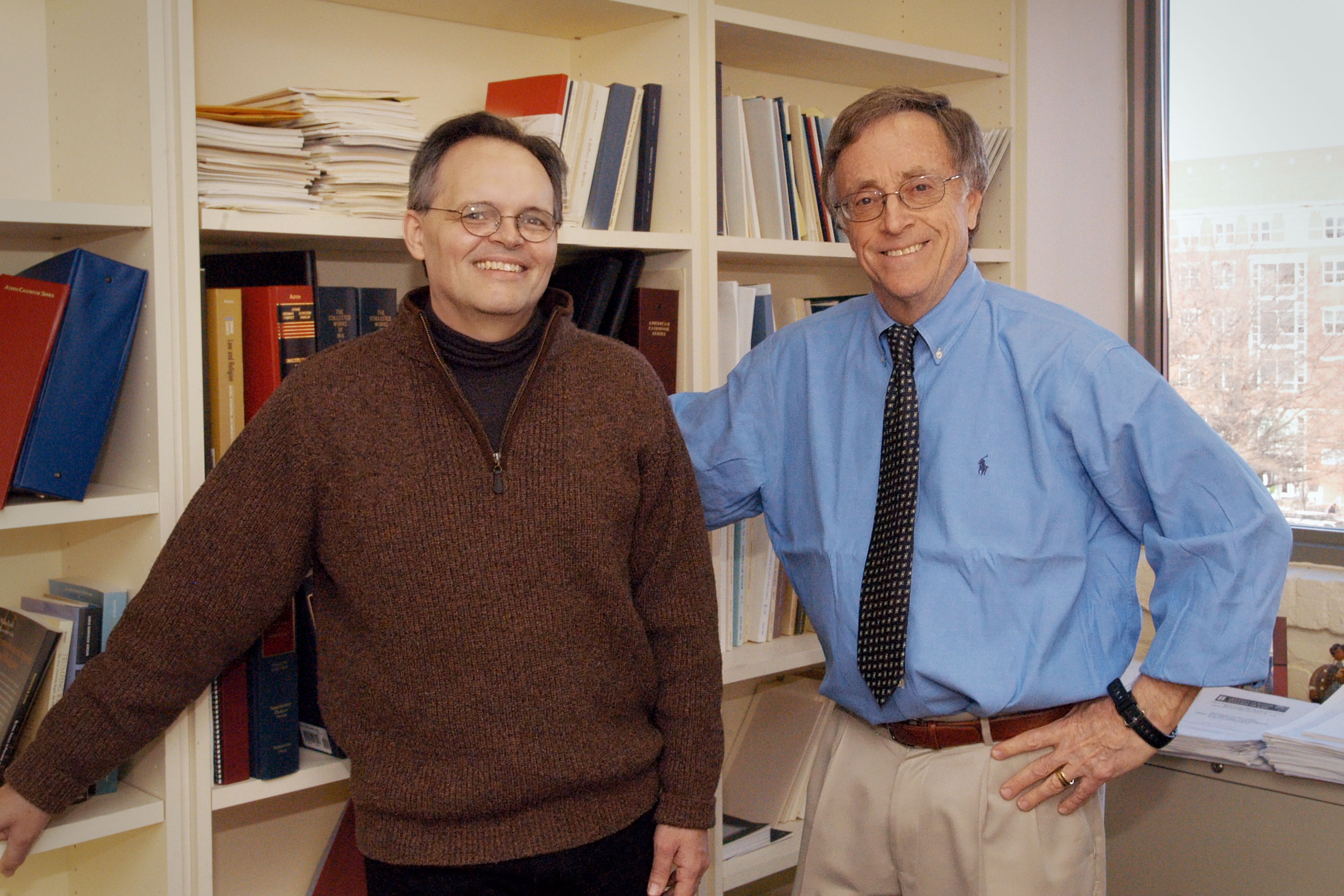On March 23, the Supreme Court will hear Zubik v. Burwell, another challenge to the Affordable Care Act’s contraception mandate. Two GW Law faculty members have joined with a group of religious liberty scholars to submit an amicus brief to the Court.
Zubik v. Burwell addresses whether the Affordable Care Act violates the Religious Freedom Restoration Act by forcing religious nonprofits to act in violation their sincerely held beliefs. The part of the Affordable Care Act in question requires that employers' health plans provide free contraceptive coverage to employees. This "contraceptive mandate" exempts houses of worship and also allows nonprofits with religious affiliations to opt out of providing coverage by notifying the government or the employer's insurer. The insurer would then take over providing the free access to contraceptives. However, the religious-affiliated nonprofits argue that notifying their health insurers or the government still makes them complicit in providing contraceptives and thus violates their religious freedom.
Along with their colleagues, faculty members Robert W. Tuttle, David R. and Sherry Kirschner Berz Research Professor of Law and Religion, and Ira C. Lupu, F. Elwood and Eleanor Davis Professor Emeritus of Law, wrote in support of the government. The scholars focus specifically on a provision of the Religious Freedom Restoration Act stating that the federal government may substantially burden a person’s exercise of religion if it demonstrates that application of the burden to the religious objector “is the least restrictive means of furthering” a compelling governmental interest.
"Along with our co-writers, we saw there was a great deal of confusion about the history and the proper interpretation of this part of the Act," said Professors Lupu and Tuttle. "We wanted to provide the court with some important guidance and clarification on its interpretation."
Professors Tuttle and Lupu have long focused on religious liberty in their scholarship. In addition to their independent work on the topic, they recently collaborated on the book Secular Government, Religious People, which presents an original theory that makes the secular character of the American government, rather than a set of individual rights, the centerpiece of religious liberty in the United States.


